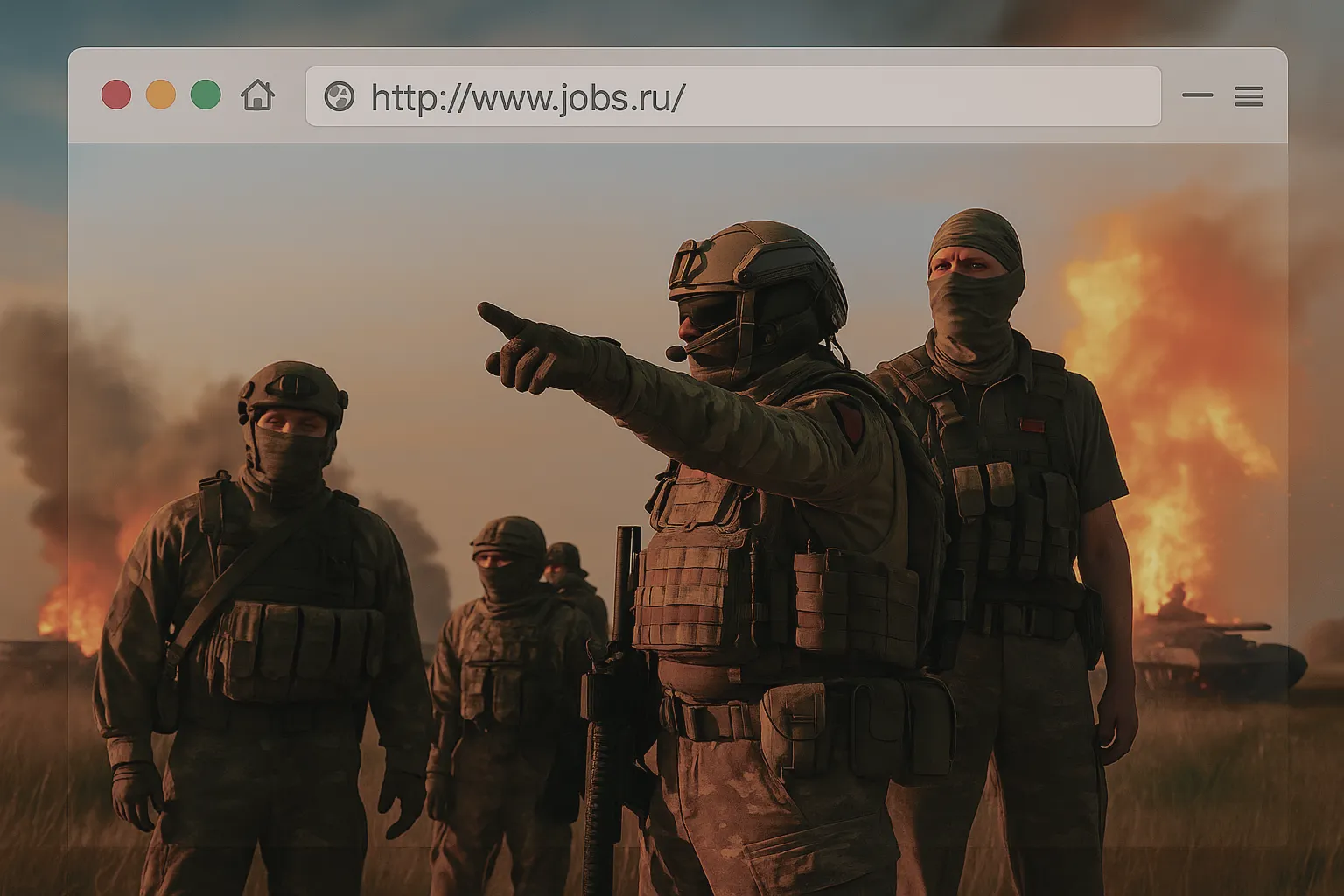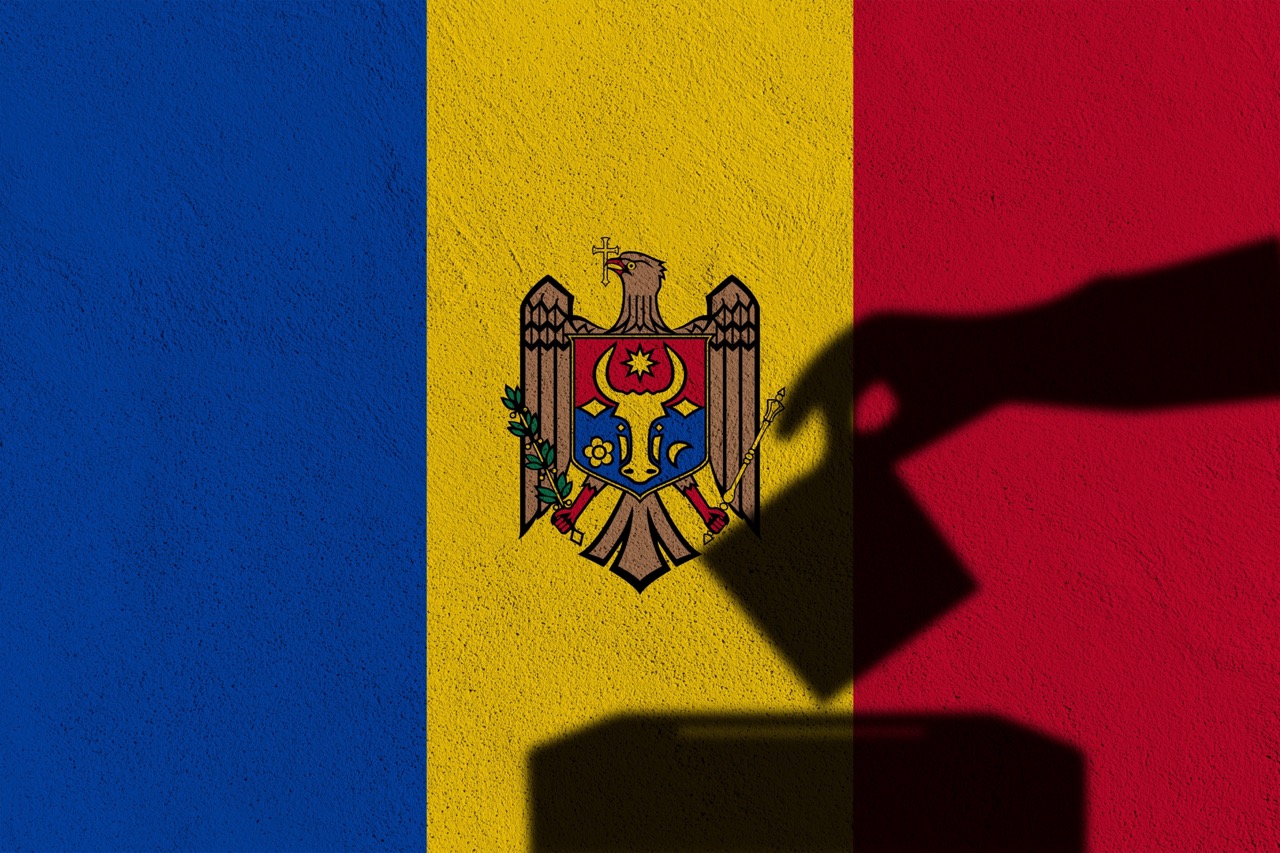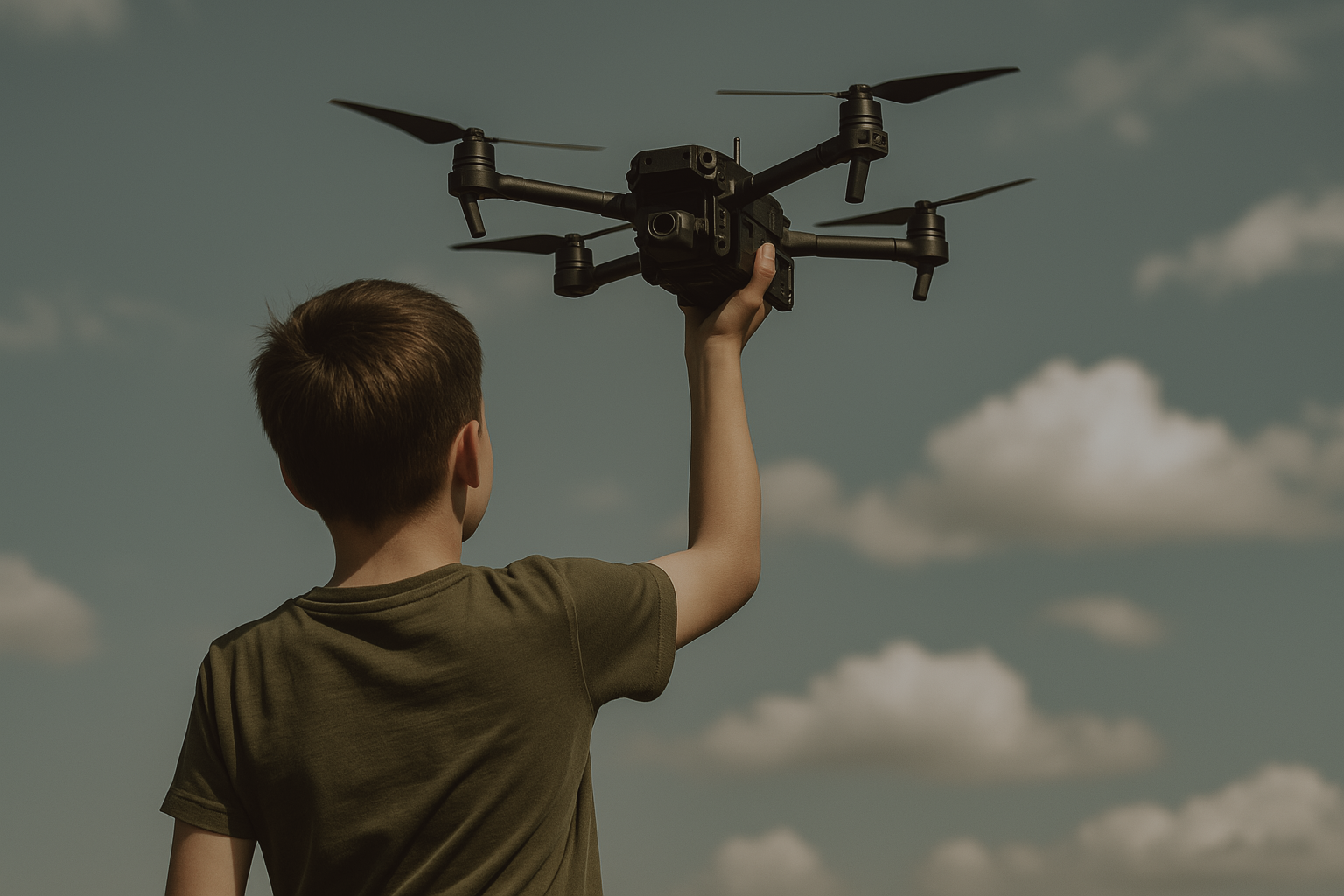
The Russian ‘Special Path’: International Relations, National Pride, And The War Attitude
Executive Summary
{{margin-small}}
In this Report, the OMI team continues to dig deeper into segments of Russian society: their sources of pride and foreign policy perceptions.
- Pride in various aspects of Russia is interrelated: feeling pride for the country's one achievement makes people feel proud of other topics as well.
- Pride in military victories and political power has a more robust link to support for the ongoing war and authoritarian regime than pride in Russian culture and literature.
- National pride is a significant factor in distinguishing Russian clusters, except for Hawks and Loyalists, who exhibit equally high levels of pride. Poor Liberals, on the other hand, demonstrate lower levels of pride than Moderate Liberals and Uncertains, while Moderate Liberals express lower levels of pride than Uncertains.
- Interestingly, Hawks are more optimistic about Russia's relationships with other countries than even Loyalists, while Poor Liberals exhibit the most pessimism, surpassing Moderate Liberals in their negative outlook.
- All clusters of Russian society agree on the importance of global relationships, but there are differences in opinion when it comes to Europe. Hawks view Russia's position as a European country less favorably. War supporters tend to be isolationists and don't differ much from anti-war Russians in terms of maintaining relationships with Asian countries.
- Anti-war groups prefer collaborating with Western nations, while war supporters lean towards Eastern nations. This is likely due to war supporters having positive views of Eastern countries because of their alliances with Russia (such as Iran), or because they don't conform to Western criticism of Russia's invasion of Ukraine (such as China and India).
{{margin-big}}
Methodology
{{margin-small}}
Sample
{{margin-small}}
Respondents were recruited online.
The sample was stratified by sex and age (equal age and sex groups 18-30, 31-44, 45-60 years). The data was cleaned, and the analysis excluded people who did not answer all the questions. The final sample comprised 620 respondents, 303 men and 317 women. The mean age of the respondents is 37.1, and the standard deviation is 11.4.
To determine which cluster of Russian society, based on their war attitudes, respondents belong to, they read three generalized descriptions of different clusters. They then chose the one that suited them best.
Cluster 1. Hawks (16%). Firmly believe that Russia is moving in the right direction, support the war against Ukraine, strongly identify themselves with Russia and Russians, believe in themselves and their group, have low stress levels, and are psychologically well.
Cluster 2. Loyalists (41.8%). Hold the same beliefs as the Hawks but express them much less vividly than the latter. They have an average level of stress and a high level of authoritarian obedience.
Cluster 3. Uncertain (12.9%). Have average rates of support for the war and are not sure if Russia is moving in the right direction, but their level of psychological suffering is the same as that of Poor Liberals.
Cluster 4. Poor liberals (13.7%). In their opinion, Russia is moving in a catastrophic direction. They oppose the war and do not identify themselves with Russia and the Russians. They do not believe in their own strength and the strength of their group to change the course of events. They have the highest stress level among all clusters, and the indicators of psychological, emotional, and even social well-being are the lowest.
Cluster 5. Moderate Liberals (15.6%). Oppose the war against Ukraine, but not as clearly and pronounced as the Poor Liberals. They’re also more prosperous and older than the latter.
{{margin-big}}
Study Design
{{margin-small}}
Respondents answered a set of socio-demographic questions and questions about their attitudes towards the ongoing war against Ukraine, Russian authorities, sources of pride in Russia (Economic Achievements, Sports achievements, Political influence in the world, Social Security System, Scientific and technological achievements, Achievements in literature and art, Military Achievements, and Territory and Nature), and perceptions of international relations.
They also went through a series of socio-psychological tests on:
- Collective/national narcissism – the tendency to exaggerate the positive image and importance of a group (Russian nation) to which one belongs.
- National Identification – how strongly one identifies with being Russian.
Pearson correlation analysis, Cronbach's alpha, and ANOVA were used to calculate the data.
{{margin-big}}
Key Findings
{{margin-small}}
National Pride
{{margin-small}}
The extent to which Russians feel proud of their country's achievements, whether real or not, has emerged as a crucial factor influencing their stance on the ongoing military conflict in Ukraine, as well as their support for the authoritarian regime. A statistical analysis of the data demonstrates a range of correlation coefficients, with values ranging from 0.33 to 0.7 (p < 0.001), indicating that any form of pride in Russia's achievements generally correlates with a pro-war outlook.
Notably, however, the study reveals that pride in Russia's cultural and literary heritage shows comparatively weaker correlations with pro-war sentiments, in contrast to the stronger correlations observed for pride in military accomplishments and political influence.

Additionally, there seems to be a strong sense of national narcissism among prideful Russians, with many believing that their nation is exceptional and virtuous, deserving of recognition from other countries and peoples.

Nevertheless, all sources of pride, including economic achievements, sports achievements, political influence in the world, social security system, scientific and technological achievements, achievements in literature and art, military achievements, and territory and nature seem to be correlated with one another 0.67*** (p < 0.001), meaning Russians who feel proud of one aspect are more likely to feel proud of another.
Cronbach's alpha coefficient is 0.9, which, together with strong correlations, indicates that these variables measure a single underlying construct – National Pride.
Russians with higher levels of National Pride tend to be more supportive of the war, and the current regime, have a stronger sense of being Russian, and score high on collective narcissism (correlation around 0.7 in all cases, p < 0.001).
There also appears to be a large difference (η2 = 454) in National Pride between various clusters of Russian society.

The results of pairwise comparison reveal that this difference is statistically significant for all groups except Hawks and Loyalists. Poor Liberals have the lowest levels of pride in Russian accomplishments compared to Moderate Liberals and Uncertains. Meanwhile, Moderate Liberals have lower levels of pride compared to Uncertains.
These variations indicate that National Pride is potentially one of the key factors in distinguishing between different groups in Russian society, even among those who disapprove or strongly oppose the current political regime and war.
{{margin-small}}
Foreign policy assessments
Russians from all clusters agree that building relationships with other countries is important, yet they assess current foreign policy differently, making another differentiator between clusters. Hawks hold significantly more optimistic views on the quality of Russia’s relationship with other countries, while Poor Liberals express most negative perceptions (p < 0.001).
When it comes to attitudes toward Europe, there are significant differences. Hawks are substantially less concerned about Russia's place in Europe and maintaining positive relations with European countries compared to Poor Liberals and Moderate Liberals (p < 0.001).
On the other hand, there are no significant differences between clusters on whether Russia should be seen as part of Asia or whether it should maintain positive relationships with Asian nations. In fact, those who support Europe and are against the war in Russia see cooperation with Asian countries as just as important as pro-war groups.

The proponents of the war in Ukraine do not necessarily hold anti-European or pro-Asian views. Instead, they exhibit tendencies toward Russian isolationism. A considerable portion of them adheres to the notion of Russia's “unique path” as a distinct civilizational project that sets it apart from both European and Asian civilizations.
However, those belonging to anti-war groups are inclined to collaborate with Western nations, while war supporters tend to favor Eastern nations. This is probably not a result of anti-war clusters’ bias against Eastern nations. Instead, supporters of war hold a more positive view of Eastern countries due to their direct alliances with Russia (Iran) or because they do not conform to Western rhetoric criticizing Russia's invasion of Ukraine (China, India).
{{margin-big}}
Conclusion
{{margin-small}}
National pride is an important factor in distinguishing different groups within Russian society. Hawks and Loyalists showed similar levels of pride, while Moderate and Poor Liberals showed lower levels of pride in Russian achievements.
War supporters and opponents hold different views on relationships with European countries. War supporters tend to favor political relations with some Eastern nations over Western nations and view Russia's position as a European country and the importance of positive relationships with European nations less favorably than opponents of the war.
To influence war supporters, it's important to demonstrate that Russians could be even prouder of their country under different circumstances. Criticizing current authorities is necessary, but it should be done moderately since war supporters are content with the status quo and don't see any crises or issues with Russia's direction. Setting higher expectations can help change their perspective as the current state of affairs will seem less appealing.
Emphasizing Putin's accomplishments while acknowledging current crises and the need for new approaches can help. For example, Russia's political influence in the world could be higher, and it could follow China's example by developing its economy.

.svg)








.png)
















.png)


.png)




.png)







-01-2.jpeg)
-01.png)
-01.png)




-01%25202-p-500.png)







